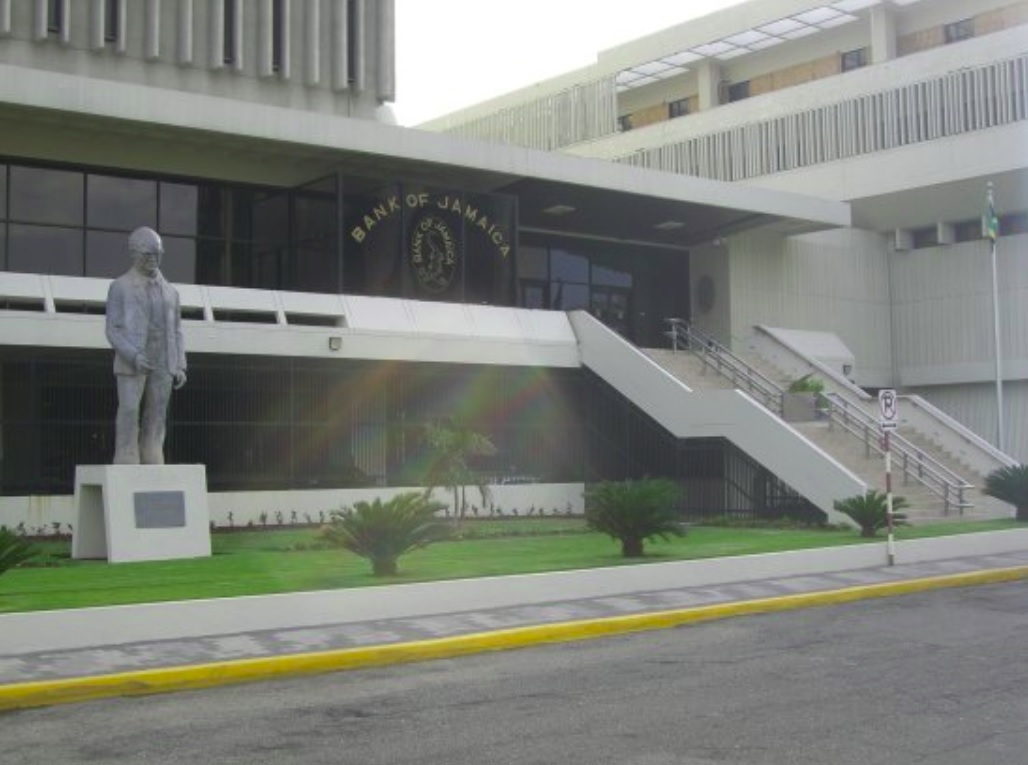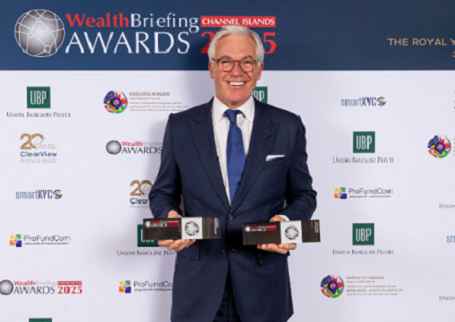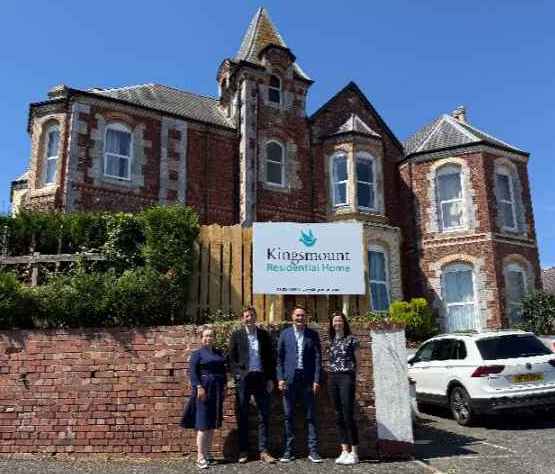The Central Bank is reporting that Jamaica’s inflation rate is decreasing. Data from the Statistical Institute of Jamaica (STATIN) shows that the rate, which peaked at 11.8 per cent in April 2022, fell to 7.8 per cent in February 2023.
Speaking during a Jamaica Information Service (JIS) ‘Think Tank’, Bank of Jamaica (BOJ) senior deputy governor, Dr Wayne Robinson, said this has resulted from the BOJ’s monetary policy actions as well as lower imported commodity prices and indicated: “We actually responded very swiftly, early and decisively to the increase… that we’ve been seeing… which was actually spurred by rising inflation globally”.
“As a result of our policy actions, along with the fact that we have been seeing a lowering of the prices of some international commodities over the past 10 months… we have been seeing a general reduction in the rate of inflation.” Despite the decrease, the BOJ has indicated that 7.8 per cent is still too high.
The Central Bank said utilisation of its monetary policy is crucial in controlling inflation. The policy relates to the broad set of actions or tools that the Bank has at its disposal to manage inflation.
These have included raising the policy interest rate that the BOJ pays on the current account balances of deposit-taking institutions, including commercial banks, building societies and merchant banks; reducing the volume of Jamaican dollar liquidity in the banking system; and stronger intervention to sell US dollars in the foreign exchange market, which, along with the other two actions, have kept the Jamaican dollar stable, thereby limiting the inflationary effect of imported price increases.
Deputy BOJ Governor, Research and Economic Programming Division and Financial Stability, Robert Stennett, explained how the Central Bank’s monetary policy works. “They can be broken into three broad-based categories”, he said.
“One is interest rates… The Central Bank has the ability to influence interest rates. The second tool is really the ability to control money supply within the financial system, and finally, there is communication, where we keep the stakeholders abreast of our actions.”
The BOJ has reaffirmed its commitment to taking the necessary monetary policy actions to restore inflation to the Government of Jamaica-established target range of four to six per cent. Inflation is projected to return to this range during the final three months of 2023, between October and December.
Dr Robinson said the Central Bank is optimistic this will happen. “We are cautiously optimistic,” he stated.
“Inflation is trending in the right direction. Indications suggest that it will continue to do so and that we should converge to the target by the end of the year.” He pointed out, however, that there are risks to the projection and there are things that has to be done and to keep an eye on.
The Deputy Governor informed that they include global oil prices, labour market conditions, and natural disasters. The Bank of Jamaica is the State institution mandated by law to manage inflation, which is a general or broad-based increase in prices, usually measured over a specific period, typically a year.











